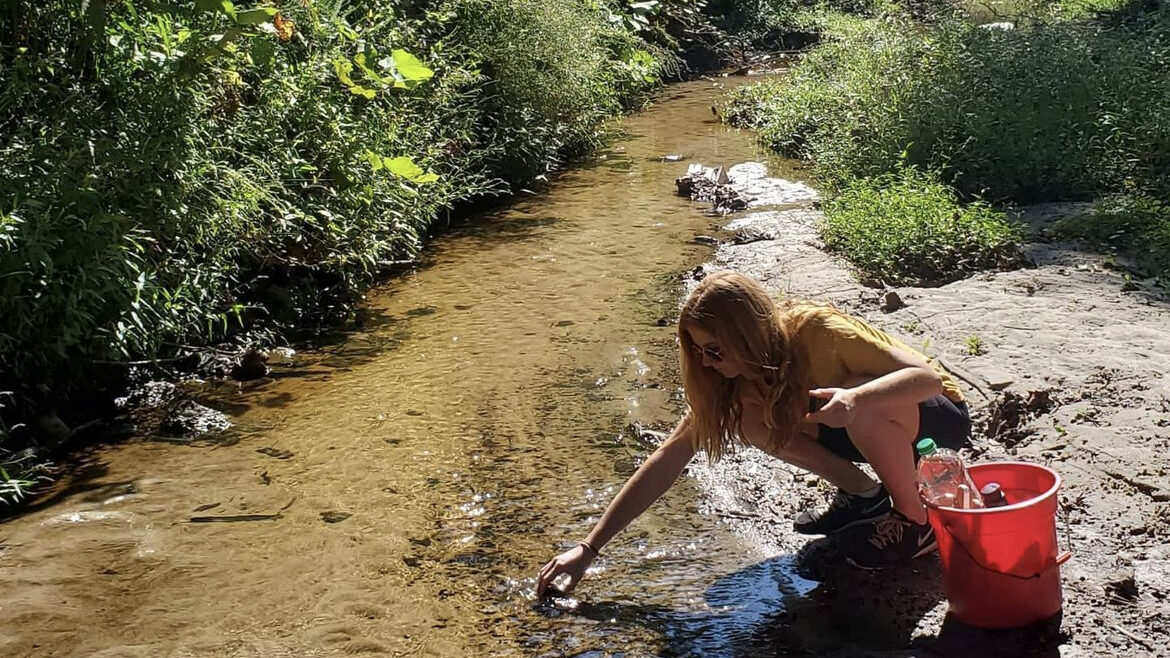Water
NC State actively promotes water conservation on campus and beyond.
NC State’s water research, management strategies and collaborative exchanges play a vital role in conserving this crucial natural resource. These multi-faceted efforts have a significant impact on water conservation, preserving both fiscal and environmental resources effectively.
View NC State’s Annual Energy and Water Report
of potable water consumption has been reduced on campus compared to the baseline in 2002.
Water Conservation On Campus
Water management on campus includes installing aerators and other water volume-reducing devices to plumbing fixtures, using smart irrigation systems that reduce water use by 40 percent and implementing trayless dining halls that have saved 51,000 gallons of water per week since 2008.
NC State also uses water harvesting to meet non-potable water demands, including:
- Cisterns at Jordan and Biltmore Halls, Talley Student Union, Wolf Ridge Apartments and Yarbrough Utility Plant collect rainwater for campus irrigation, power washing and cooling utility plants.
- Condensate from HVAC systems is collected and reused.
- A special water recovery system at Cates Utility Plant saves millions of gallons a year.
- A pipeline on Centennial Campus supplies reuse water (high-quality water that has not been treated to safe levels for drinking) for cooling towers at Centennial Campus Utility Plant and for toilet flushing at James B. Hunt Jr. Library.
How You Can Help
